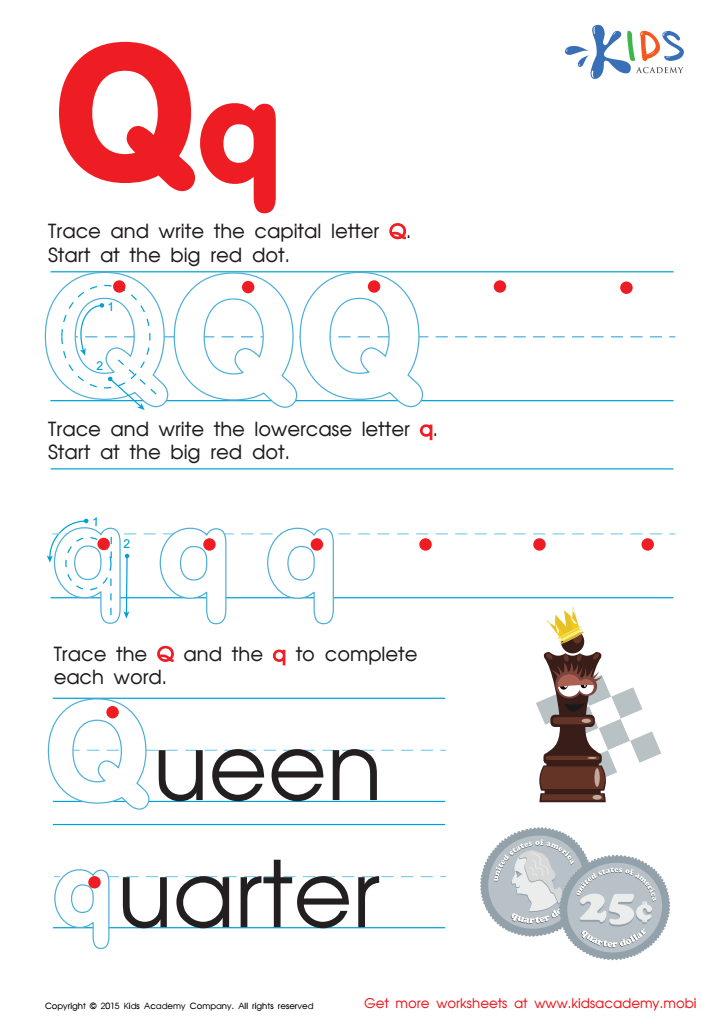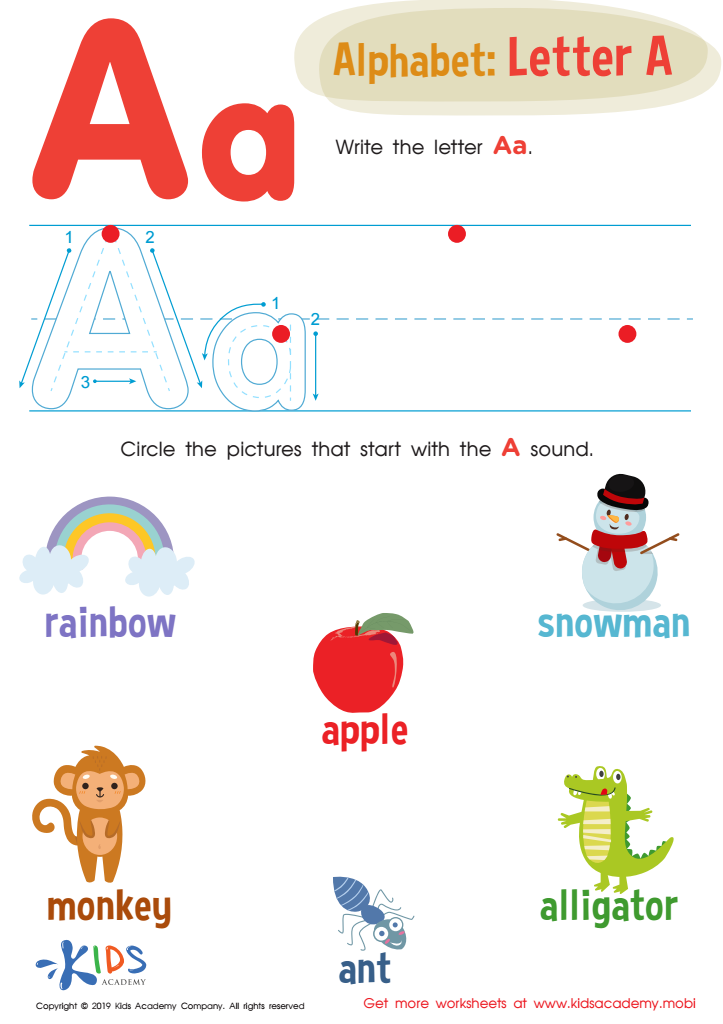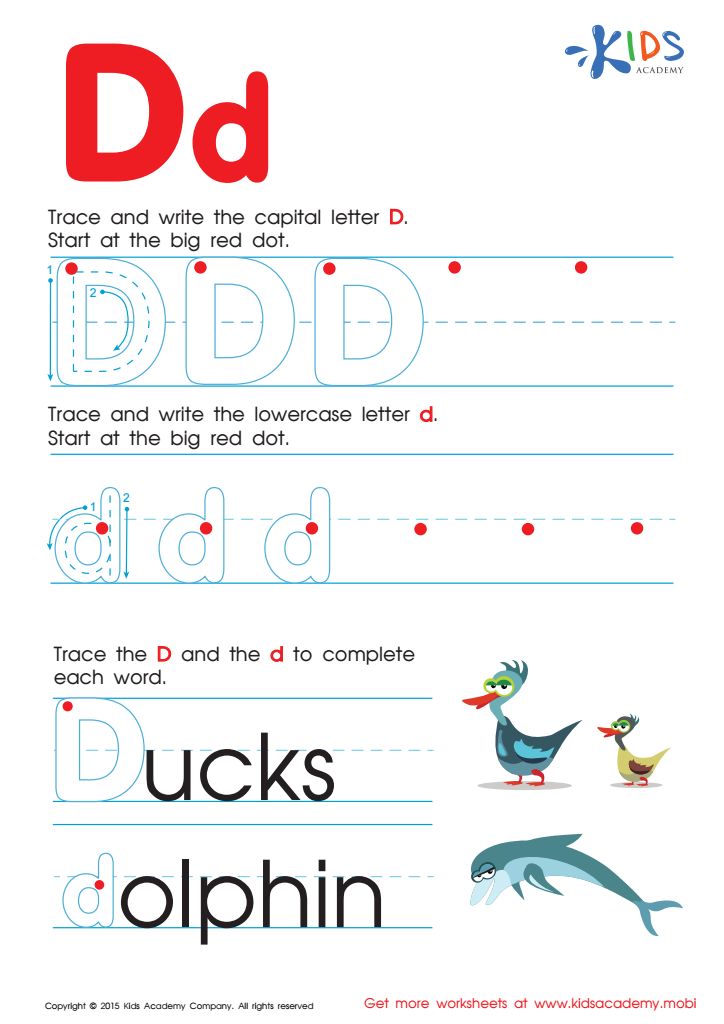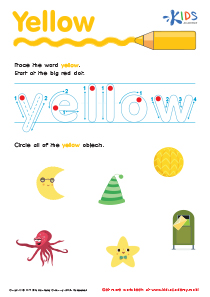Alphabet tracing Normal English for Beginners Worksheets for Ages 6-7
5 filtered results
-
From - To
Welcome to our engaging "Alphabet Tracing Normal English for Beginners Worksheets" designed specifically for children aged 6-7! These worksheets provide a fun and interactive way for young learners to master the alphabet. Each worksheet features clear letters for tracing, enhancing fine motor skills and letter recognition. Perfect for beginners, these resources cater to diverse learning styles, ensuring each child gains confidence in their writing abilities. Incorporate these worksheets into your teaching toolkit to support children's literacy development in an enjoyable manner. Watch as they embark on their exciting journey to becoming proficient writers and confident individuals!


Letter P Tracing Page


Letter Q Tracing Page


Letter H Tracing Page


Letter A Tracing Worksheet


Letter D Tracing Page
Alphabet tracing for beginners aged 6-7 is a crucial developmental tool that parents and teachers should value for several reasons. Firstly, tracing helps children develop fine motor skills, which are essential for writing. As they practice forming letters, they enhance their hand-eye coordination and dexterity, setting the groundwork for confident handwriting.
Moreover, learning the alphabet is fundamental to literacy. At this age, children are often transitioning from learning letters to reading and writing simple words. Engaging in alphabet tracing reinforces letter recognition and aids in distinguishing between different letters, promoting phonemic awareness. This reinforces their ability to sound out words as they progress in their reading journey.
Additionally, providing a structured activity like tracing can foster focus and self-discipline. Children learn to follow instructions and take pride in completing their work, enhancing their confidence.
Lastly, consistent practice at this developmental stage can make the learning process fun and interactive. Incorporating themes, colors, or creative elements into tracing activities can ignite a child's enthusiasm for learning.
In summary, alphabet tracing is a foundational practice that benefits young learners emotionally, cognitively, and physically, equipping them with essential literacy skills for academic success. Parents and teachers should prioritize this engaging, structured approach to learning.
 Assign to My Students
Assign to My Students
















